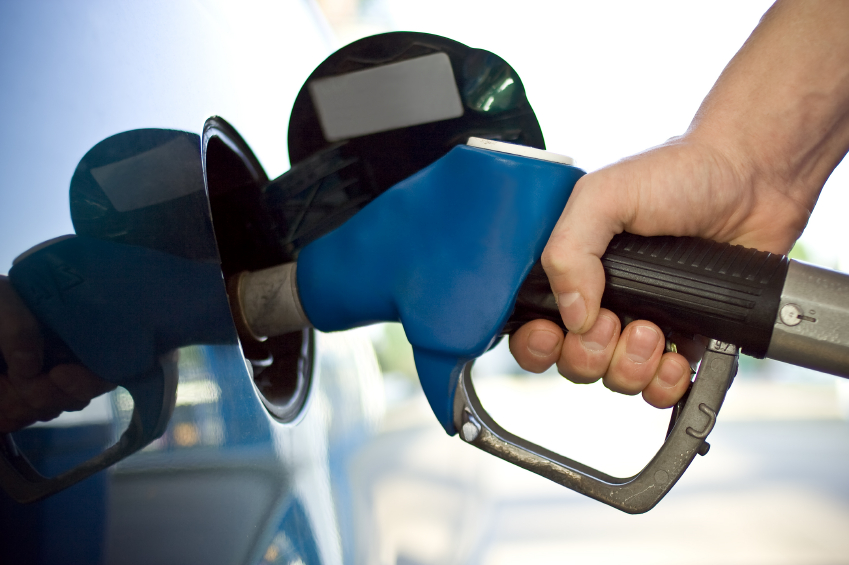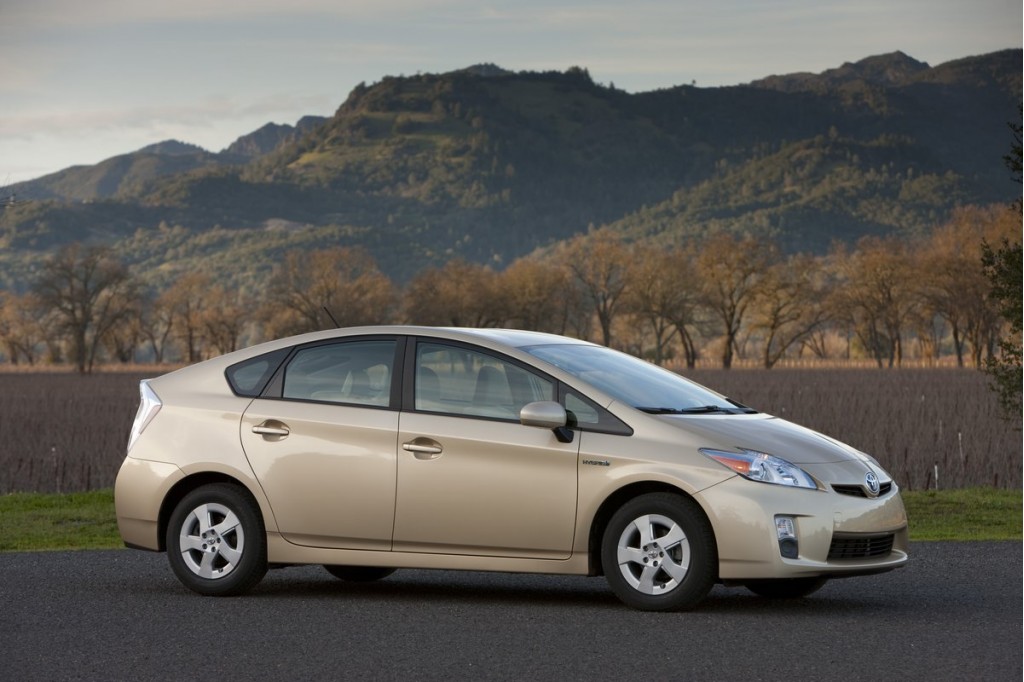Much debate will occur--and that's putting it politely--over the next round of gas-mileage standards, which the EPA hopes to finalize next year for 2017-2025 vehicles.
Earlier this week, news reports from Washington indicated that the Obama Administration and EPA are pushing for 56.2 mpg as the average fleet goal to be reached by 2025.
That number is lower than the 62 mpg that was the highest average studied by the agency, but far more aggressive than the 3-percent annual increase that automakers say they can meet.
Now, Consumer Reports--the bible for sober and fact-based car buyers--has come out with its own opinion of the proposed 56.2-mpg goal 15 years hence.
It can best be summarized in one word: Meh.
For those not up on internet lingo, that means, "Yeah, OK, whatever: We're not that impressed."

Gas pump
You can practically hear the scions of Motor City choking on their morning coffee.
The article covers the official statement issued by Consumers Union, CR's parent organization. It supports the 56.2-mpg target as a minimum goal, but suggests that higher standards would be better.
It also, crucially, stresses the importance of closing a number of loopholes in the current regulations--perhaps most flagrantly, the extra credits given to automakers for building flex-fuel vehicles that can run both on gasoline and E85 ethanol.
One part of the proposed standard eliminates those credits unless automakers can show that the vehicles actually DO run on E85 in the real world. That hurdle is so unlikely to be met that automakers might simply walk away from building flex-fuel vehicles altogether.

2011 Toyota Prius
The key question is how much the more fuel-efficient technologies will cost.
Various studies from groups with various degrees of independence from the industry have issued conflicting projections on the costs and benefits of the new regulations.
According to CR research, almost two-thirds of consumers expect their new vehicles to return better gas mileage, and almost as many (58 percent) expect to pay more for cars with better fuel economy.
Consumer Reports is a well-respected voice for consumer interests, but we're interested in knowing where our readers stand.
What do you think is a reasonable average gas-mileage goal for the cars of 2025?
Leave us your thoughts in the Comments below.
+++++++++++













